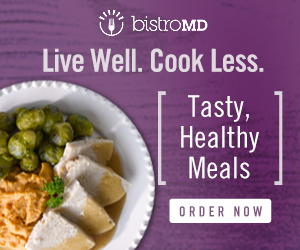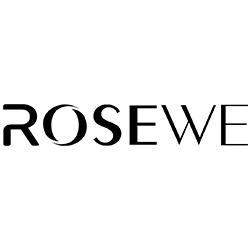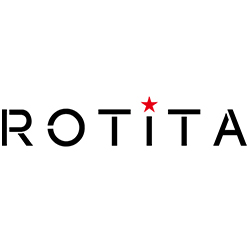People age 16 to 64 with disabilities or with qualifying health conditions that put them at high risk for suffering serious illness or dying from COVID-19 will be eligible to receive vaccines in San Francisco — and across much of the state — starting Monday.
The city will also open appointments to individuals who live or work in high-risk congregate care settings, including correctional facilities, homeless shelters and residential care and treatment facilities, the Department of Public Health announced Friday. People experiencing homelessness will also be eligible.
“Getting vaccinations to people with disabilities and who have severe underlying conditions, and people who are in congregate settings, is an important part of our efforts to save lives and protect our most vulnerable residents,” Mayor London Breed said in a statement.
She cautioned that despite opening up vaccine eligibility for several new groups, supply remains low. So far, roughly 27% of San Francisco residents have received at least one dose of vaccine.
Statewide, California is opening up vaccine eligibility on Monday to Phase 1C, which includes people age 16 to 64 with disabilities and health conditions that put them at risk of severe COVID-19. About 4.4 million people meet the state criteria. Counties choose when to begin vaccinating people in that group based on local supply.
Health conditions included in the state eligibility list include cancer, chronic kidney disease, chronic pulmonary disease, Down syndrome, organ transplant, pregnancy, sickle cell disease, heart failure, severe obesity and Type 2 diabetes.
San Francisco will broaden the state eligibility somewhat, including allowing people with HIV to get vaccinated, along with people who identify as deaf or disabled. The city also is expanding the state’s definition of disabilities to include developmental, medical, physical, sensory or behavioral health disabilities, including severe mental health or substance use disorders.
San Francisco will not require proof of qualification at vaccination clinics but rely on the honor system.
“This is a great step in protecting members of our community who are at higher risk of contracting or dying from COVID-19,” said Dr. Grant Colfax, the city’s director of health. “Many of those with underlying health conditions and disabilities or who are in congregate living settings have had to endure greater isolation this past year for fear of becoming gravely ill from COVID-19 and vaccinating this population is a critical step in protecting our city.”
City officials said congregate settings such as jails, homeless shelters and behavioral health facilities, which house large concentrations of individuals with chronic health conditions, are considered high risk for COVID-19 outbreaks.
The San Francisco Department of Public Health plans to establish a series of mobile vaccination pilot programs to reach these populations.
Aidin Vaziri is a San Francisco Chronicle staff writer. Email: avaziri@sfchronicle.com


